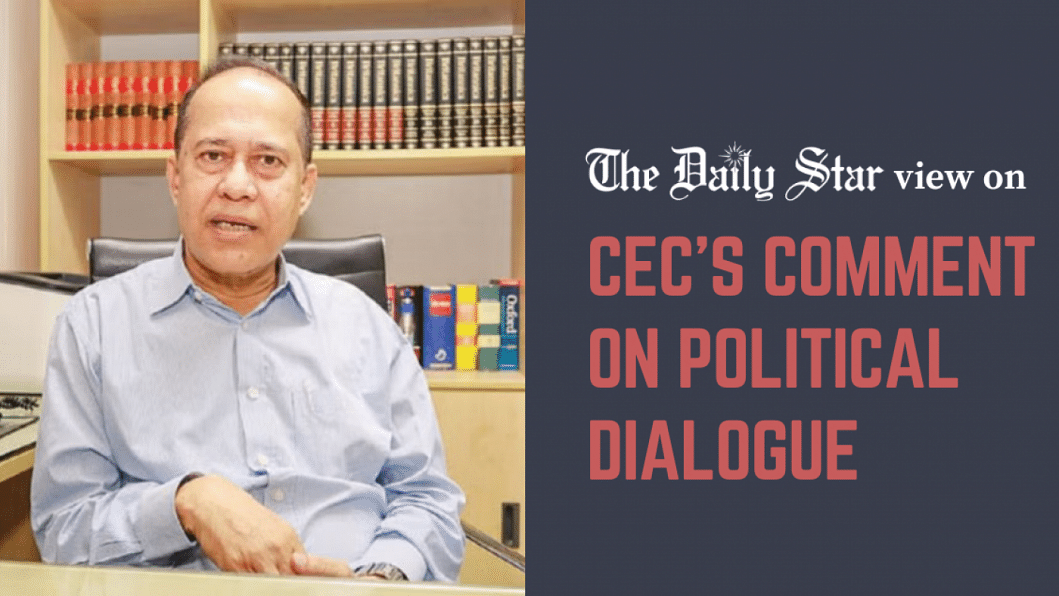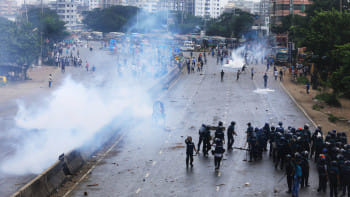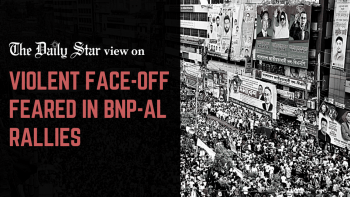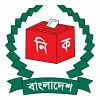There must be dialogue, yes, but can EC do its job?

As the institution constitutionally mandated to uphold the most fundamental democratic right of citizens, the Election Commission occupies an unrivalled position that lends anything it says on this subject an air of authority. So when the CEC talks about the importance of dialogue to end the current political impasse over the upcoming national election, we cannot help but take notice. "The crises are political. If they are resolved politically, it will be much easier for the Election Commission to conduct the election," he says. We cannot agree more.
The problem is, the EC itself being part of the crisis – and its failure to restore trust in its ability to do its job – renders such assertions pointless.
The BNP is currently waging a one-point movement for the government's resignation in favour of elections under a non-party interim administration. Ideally, a strong and independent EC should be its own island, insulated from the chaos over who gets to sit at the helm of the election-time government. Unfortunately, ours is not. On Tuesday, a central leader of BNP reiterated their opposition to the EC, saying "People who should not be at the Election Commission have gained the positions." BNP, ever since this EC was formed, has raised questions about its neutrality, a position frequently vindicated when the latter took us through one questionable decision after another. It doesn't also help that when the CEC passes the baton onto political entities for dialogue, he does so with such generalisation and perfunctoriness that robs it of any seriousness.
What, for example, does he mean when he says "political parties" should sit together? Which parties is he talking about? Why coy about it when everyone knows who they are? And who will take the initiative for dialogue? As the party in power, it is Awami League that must take the first step toward dialogue. But BNP too has the responsibility to help create a conducive environment for that. All this is easier said than done, however. The level of animosity between the two camps has reached a point that makes political consensus difficult to achieve, with both parties fiercely facing off on the streets to fulfil their own agenda. While talking to our correspondent, representatives of both parties have again reiterated their uncompromising stances.
The EC's role in resolving this situation is no less significant than the political stakeholders of elections. It is time for the EC to go beyond mere rhetoric and take decisive actions to create an environment conducive to free and fair elections. It must demonstrate its impartiality, now more than ever before, and create a level playing field for all political parties. The call for dialogue is not enough; it must actively facilitate and mediate such discussions.

 For all latest news, follow The Daily Star's Google News channel.
For all latest news, follow The Daily Star's Google News channel. 











Comments